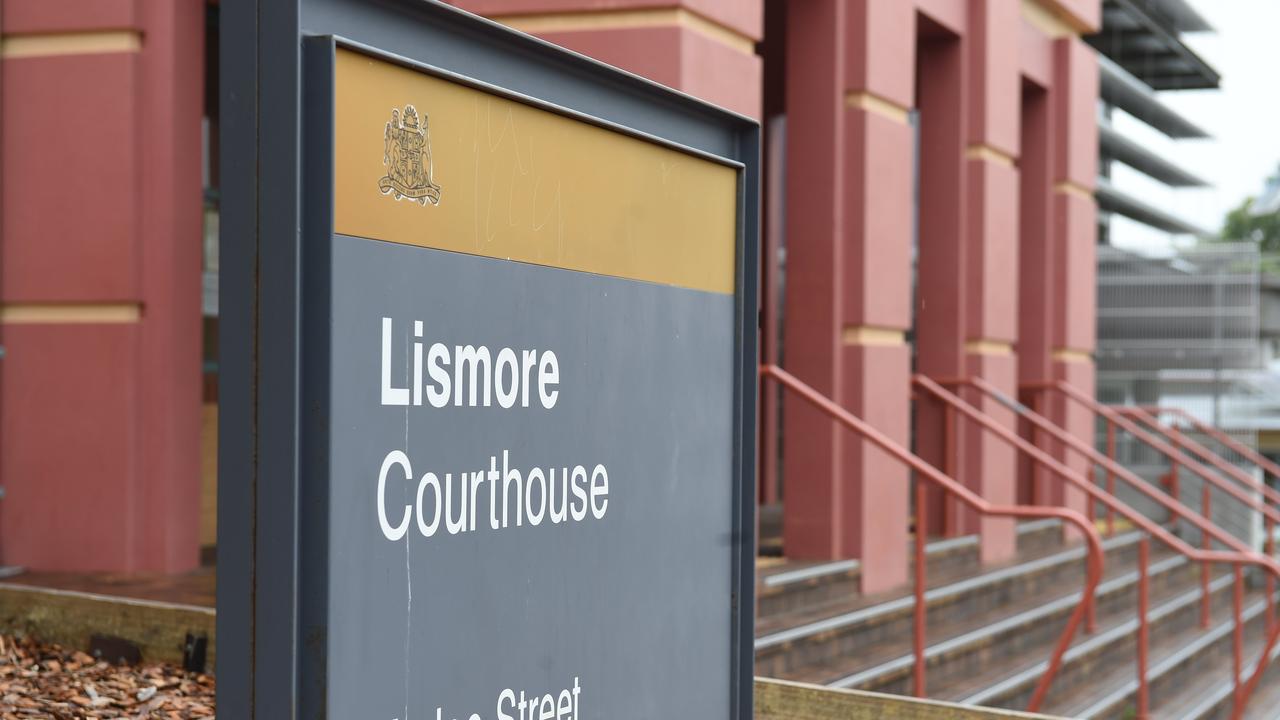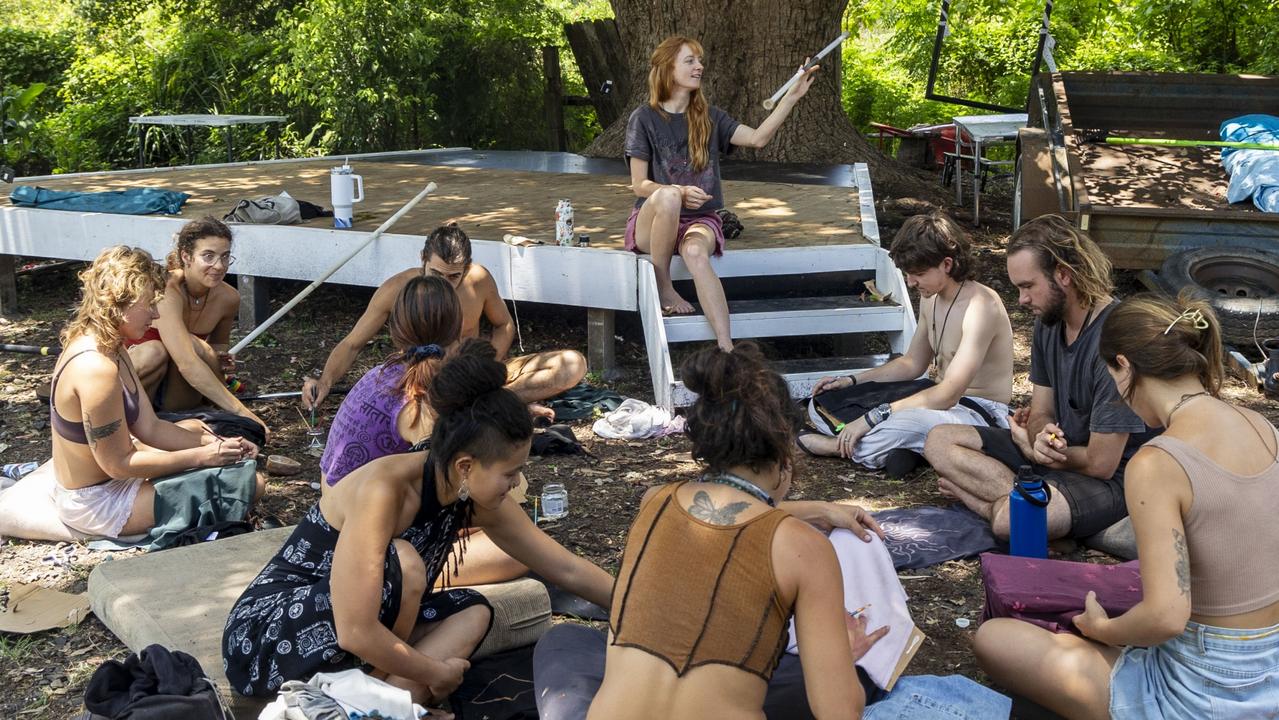Northern NSW councils forking out big to fix dated water systems as residents deal with discoloured, smelly tap water
Northern NSW residents struggling with grainy, discoloured and smelly tap water are demanding answers. It comes as councils are pumping money into repairing ageing water pipes and other infrastructure.
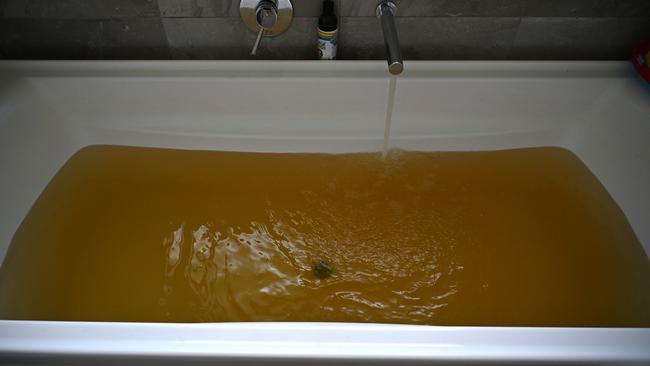
Regional News
Don't miss out on the headlines from Regional News. Followed categories will be added to My News.
Residents living in various northern NSW local government areas are demanding answers as they continue to deal with grainy, discoloured and smelly tap water.
It comes as northern councils are pumping money into improving water infrastructure.
Rural and urban residents in the Clarence and Richmond Valley as well as those around the Kyogle LGA say they have had water issues for some time.
Late last year, for example, Grafton residents were complaining of water quality issues and Clarence Valley Council has moved to fix the problem.
Still, despite using their own filters, many in the Clarence and other areas in the north continue to deal with the issue.
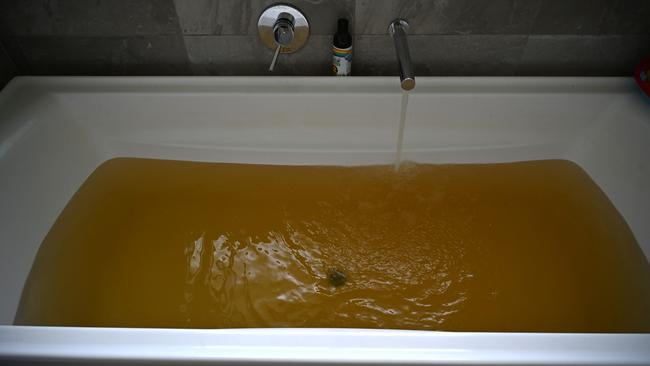
Kyogle resident Dominique Daley said the water from her tap has always been filthy.
“I have lost count of how many times my washing has come out brown,” she said.
Another Kyogle resident said off-putting water quality woes happen sporadically in the region and can last for a week or more.
“I don’t get around much, so no gauge on others experiences, but I took a bottle as sample just in case it is needed,” they said, asking to remain unnamed.
“Emptied my bath and refilled and it’s just the same.”
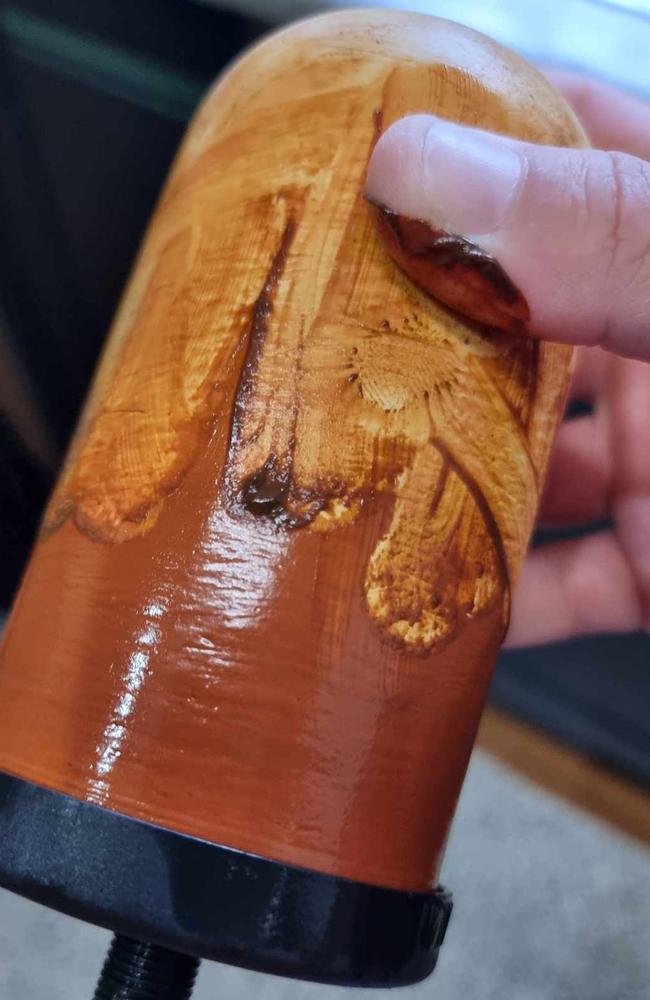
A Kyogle Council said all water quality complaints have been investigated on a case-by-case basis and responses have been provided to residents.
“Some are found to be caused by household plumbing issues, others may be caused by water main breaks,” a spokesman said.
“Others that are attributed to the council water reticulation system trigger council to flush nearby water mains and undertake other maintenance as necessary.”
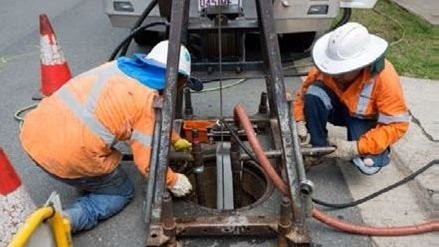
The council admits it has recently been struggling with discolouration in the Kyogle reticulation – likely caused by changes in temperature and water flow, particularly with the new section of Mayfield Estate coming on line.
However, ongoing testing shows water meets health and safety requirements.
“While the discolouration is not ideal, Council wants to reassure residents the water is safe to drink and we are working to fix the issue,” the spokesman said.
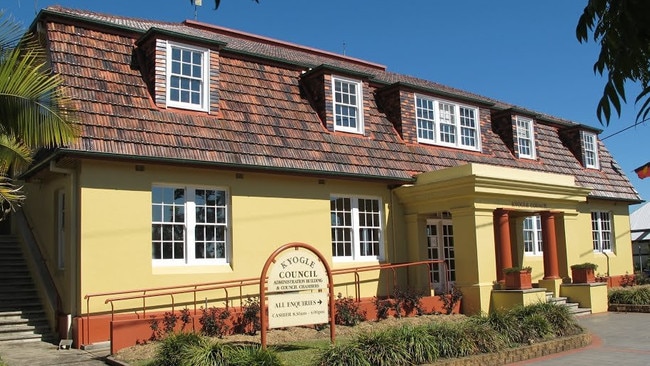
With five drinking water reservoirs in the Kyogle LGA, the council described its water supply as award-winning.
However, ageing infrastructure across remains a concern for all northern councils such as Kyogle, which has a small ratepayer base and a large area to overlook.
The Kyogle spokesman said obstacles to better water quality include ageing infrastructure, temperature changes and new developments affecting flow patterns in water systems.
“Council is continually assessing available grant opportunities to help fund the upgrade/maintenance of all of its assets and infrastructure,” he said.
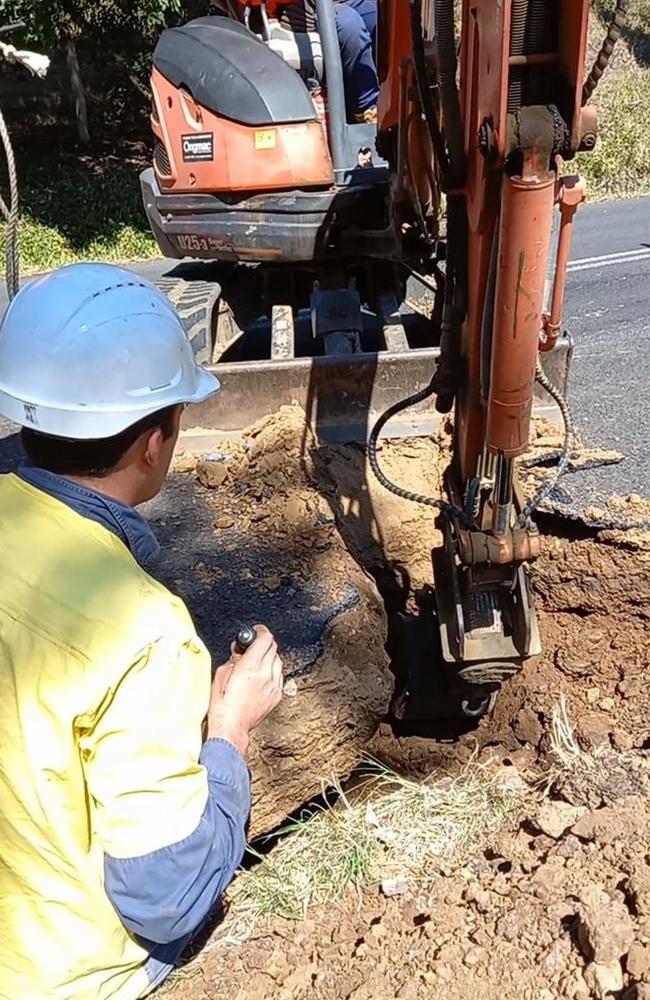
Clarence Valley Council said complaints were largely because residents were not receiving filtered water.
The spokesman said council staff attend and flush systems when notifications are received.
“Flushing the lines draws clean water through the system and puts any coloured water out of the pipes,” a spokesman said.
Clarence council records show 13 water quality complaints in the Grafton area from May 1 to July 29.
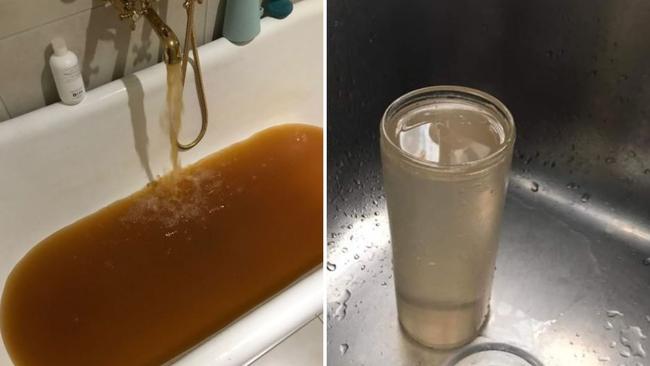
“To address the discoloured water issues, council is progressing the approval and construction of a filtration plant at Rushforth Road Water Treatment Plant that is expected to be completed in three to five years,” the spokesman said.
The council has been awarded a $19 million tender to build a new 16 megalitre (one million litres) reservoir and a 2ML chlorine contact tank at the Rushforth Road Water Treatment Plant.
About 10 reservoirs were cleaned by commercial divers with vacuum equipment last year.
Weekly sampling of 26 sites continues to be sent for independent analysis at a NSW Health laboratory. Results are also published on councils website and the council said all water was compliant with the Australian Drinking Water Guidelines, despite the residents’ concerns.
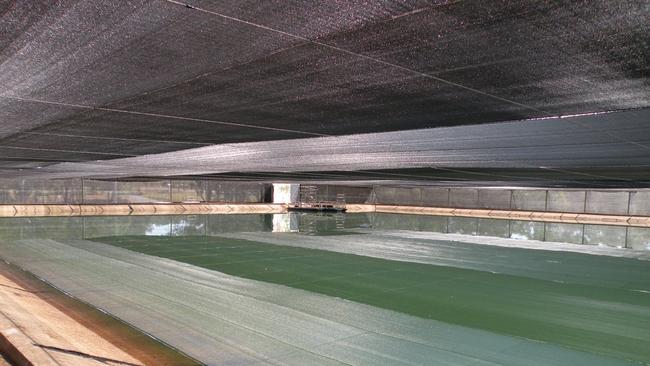
“Our drinking water system is monitored 24/7 by a systems control and data acquisition network and we have staff on call to deal with any after-hours issues,” the spokesman said.
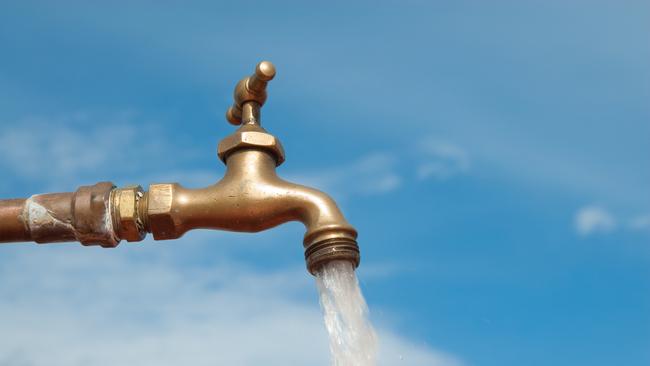
Clarence, meanwhile, is investing a $1m per year replacing water mains.
“We also undertake specific targeted trunk water mains replacements with a recent $6m Swan Creek project,” the spokesman said.
He said Clarence did not often associate ageing pipes with water quality issues.
Recent water projects in the Clarence include a Brooms Head water main replacement project costing about $500,000 annually and another main replacement costing $2.6m on Swallow Rd at South Grafton.
Another $500,000 is being forked out at Lawrence for a water main to Lawrence Reservoir and $2m has been flagged for work on The Junction Hill Reservoir, while the roof of a $300,000, 4.5ML Maclean reservoir will also be replaced.
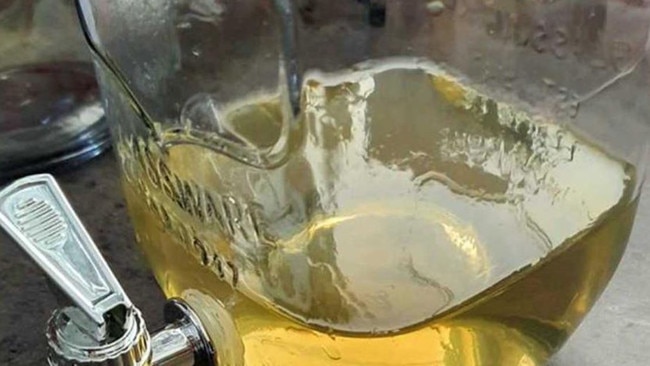
Richmond Valley Council has four reservoirs in Casino, three in Coraki, two in Evans Head, and two in Broadwater.
“We have a rigorous maintenance program in place to ensure clean, safe drinking water, which includes the regular inspections of all reservoirs,” a spokesman for that council said.
They pointed to “daily water sampling from the reticulation network” being “tested in-house in our internal laboratory”.
The council also sends samples to an independent lab “for quality verification”.
Quality is monitored via online instruments and operators perform daily bench testing in the lab, including on weekends, at the Casino Water Treatment Plant, the council explained.
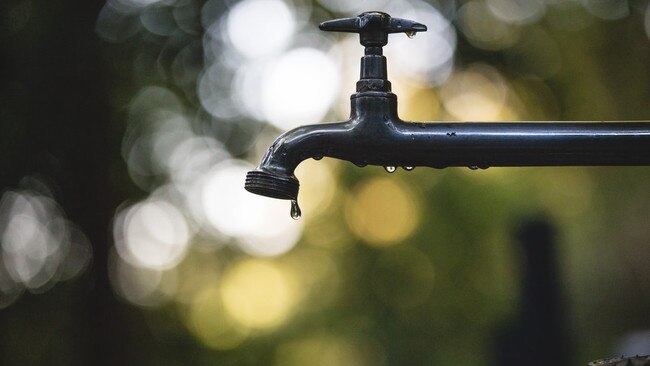
“Rous County Council supplies water to Coraki, Woodburn, Broadwater and Evans Head and reports water quality data to us and alerts us of any exceedances, should they occur,” the spokesman said.
That council also pointed to ageing infrastructure and has been prioritising upgrades and renewals with funding and grant opportunities.
Casino Water Treatment Plant upgrades are ongoing with the aid of government and other experts. It’s expected the NSW government will fork out half the bill, and the council expects a $10m spend on improving water infrastructure.
Got a news tip? email catherine.piltz@news.com.au



